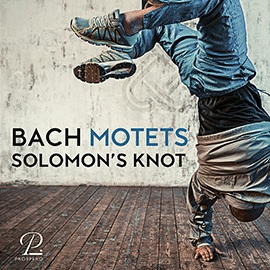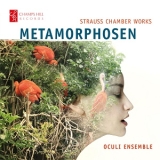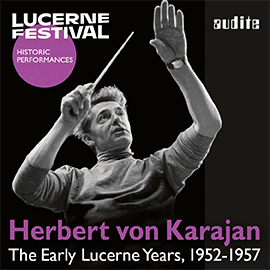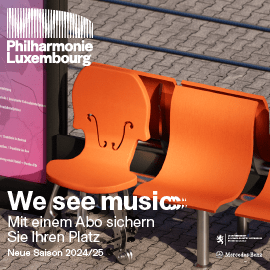 Richard Strauss: Capriccio (Vorspiel) + Quartettsatz in E-Flat Major, TrV 85 + Streichquartett A-Dur + Ständchen + Festmarsch für Klavierquartett AV178 + Arabischer Tanz + Liebesliedchen + Metamorphosen (Arr. Leopold); Oculi (Charlotte Scott & Emma Parker, Violine, Jon Thorne, Viola, Simon Tandree, ViolaNathaniel Boyd, Cello, Pau Codina, Cello, Stacey Watton, Kontrabass, James Ballieu, Klavier); 1 CD Champs Hill Records CHRCD155; Aufnahme 02/2019, Veröffentlichung 22/01/2021( 85'06) - Rezension von Remy Franck
Richard Strauss: Capriccio (Vorspiel) + Quartettsatz in E-Flat Major, TrV 85 + Streichquartett A-Dur + Ständchen + Festmarsch für Klavierquartett AV178 + Arabischer Tanz + Liebesliedchen + Metamorphosen (Arr. Leopold); Oculi (Charlotte Scott & Emma Parker, Violine, Jon Thorne, Viola, Simon Tandree, ViolaNathaniel Boyd, Cello, Pau Codina, Cello, Stacey Watton, Kontrabass, James Ballieu, Klavier); 1 CD Champs Hill Records CHRCD155; Aufnahme 02/2019, Veröffentlichung 22/01/2021( 85'06) - Rezension von Remy Franck
Das Oculi-Ensemble ist ein flexibles Streicherensemble, das sich dem Streicherrepertoire für zwei bis sieben Spieler widmet. Auf dieser seiner Debüt-CD spielt das Ensemble ein ganzes Richard-Strauss-Programm, mit, einerseits, sehr frühen Werken und, anderseits, späten Kompositionen.
Das Vorspiel zu Capriccio macht den Auftakt in einer feinfühligen und wunderbar transparenten Interpretation. Sehr eloquent wird auch der unvollendete Quartettsatz gespielt.
Als besonders gelungen muss man die Darbietung des Streichquartetts in A-Dur op. 2 bezeichnet. Hier geht es noch nicht um richtigen Strauss-Klang, aber in dem rückwärtsgewandten Stück wird der erste Satz sehr lebhaft gespielt, und auch der zweite Satz macht in beschwingter Art einen guten Eindruck. Den dritten Satz spielen die Musiker von Oculi sehr melodisch und gefühlvoll, während das Finale, fröhlich und verspielt, sehr gut gefällt.
Die Metamorphosen gestaltet das Oculi-Ensemble flüssig und mit feinem instrumentalem Raffinement. Dabei entgehen ihnen aber die Tiefe der Komposition und alles, was diesen Klagegesang in einem hier auch nicht so direkt festzustellenden Wechselspiel zwischen Dunkel und Hell ausmacht. Aber vielleicht wollte Oculi ja auch zeigen, dass diese Komposition positiver klingen kann als bei anderen Interpreten …
The Oculi Ensemble is a flexible string ensemble dedicated to string repertoire for two to seven players. On its debut CD, the ensemble plays an entire Richard Strauss program, with, on the one hand, very early works and, on the other, late compositions.
The prelude to Capriccio is heard in a sensitive and wonderfully transparent interpretation. The unfinished quartet movement is also played very eloquently.
The performance of the String Quartet in A major op. 2 is particularly successful. This is not yet the real Strauss sound, but in the backward-looking piece the first movement is played very lively, and the second movement also makes a good impression in an upbeat manner. The third movement is very melodic and soulful, while the finale is cheerful, playful and truly pleasing.
The performance of the Metamorphoses is fluid and refined. But the musicians miss the depth of the composition and everything that makes up this lament in an interplay between dark and light that is not so directly apparent here. But perhaps Oculi also wanted to show that this composition can be more positive than in other interpretations.




















